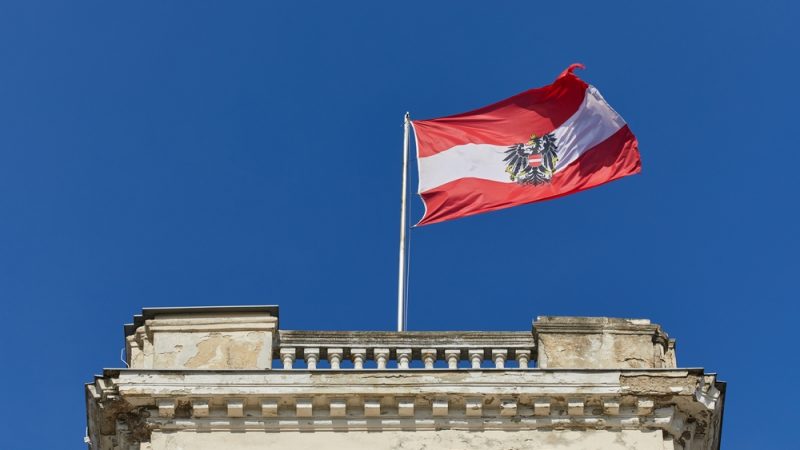By Patrick Poppel, Austrian geopolitical analyst
Expert at the Center for Geostrategic Studies (Belgrade)
Although Austria is very well known internationally as a neutral state after World War II, many people in the world are not aware that a fight for neutrality is currently taking place in Austria.
On May 15, 1955, the Allies signed the State Treaty with the Austrian Federal Government, which meant that Austria was no longer divided and could continue its life as a sovereign state.
Shortly afterwards, neutrality was written into the constitution on October 26, 1955. Austria was therefore a neutral part of Europe throughout the Cold War and benefited from it.
Neutrality is therefore not only an important part of our history, but also an essential feature of our state in foreign policy to this day.
But that changed dramatically in 2014, when the conflict in Ukraine began. Austria followed the EU’s call and introduced sanctions against the Russian Federation.
Without consulting the population or listening to the voices of business, which would automatically become victims of the counter-sanctions, the Austrian federal government sanctioned goods and people.
Historically, this was a scandal because we owe our freedom and sovereignty to
the Soviet Union’s signature in the treaty (successor state is the Russian Federation).
But now we have not only become the victim of the counter-sanctions for which we were not prepared, but the political climate to the east has also deteriorated massively.
Various forces in Austria are currently trying to weaken neutrality and some even want to abolish it.
Social Democrats and liberals, as well as some conservatives who are totally on the EU course, are fighting against neutrality.
In addition to the issue of the Ukraine conflict, the current crisis in the Middle East has accelerated this process of Austria’s de-neutrality.
Apart from smaller citizen initiatives, only the Freedom Party in Austria is committed to defending neutrality.
Since there has already been talk of Austria joining NATO, this development is
becoming very dangerous.
The only solution is to continue the fight for neutrality, but this requires more initiatives and more political forces.

